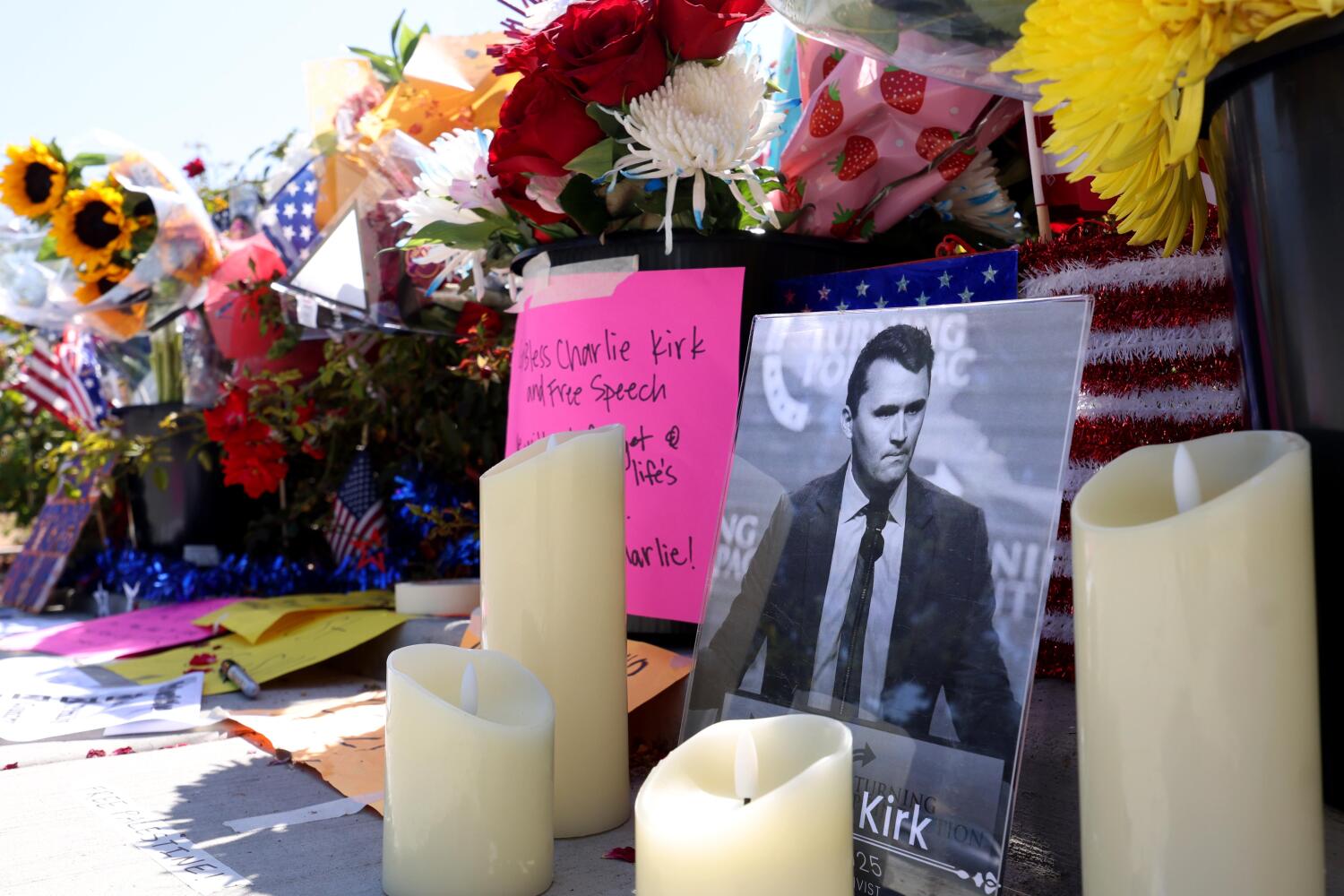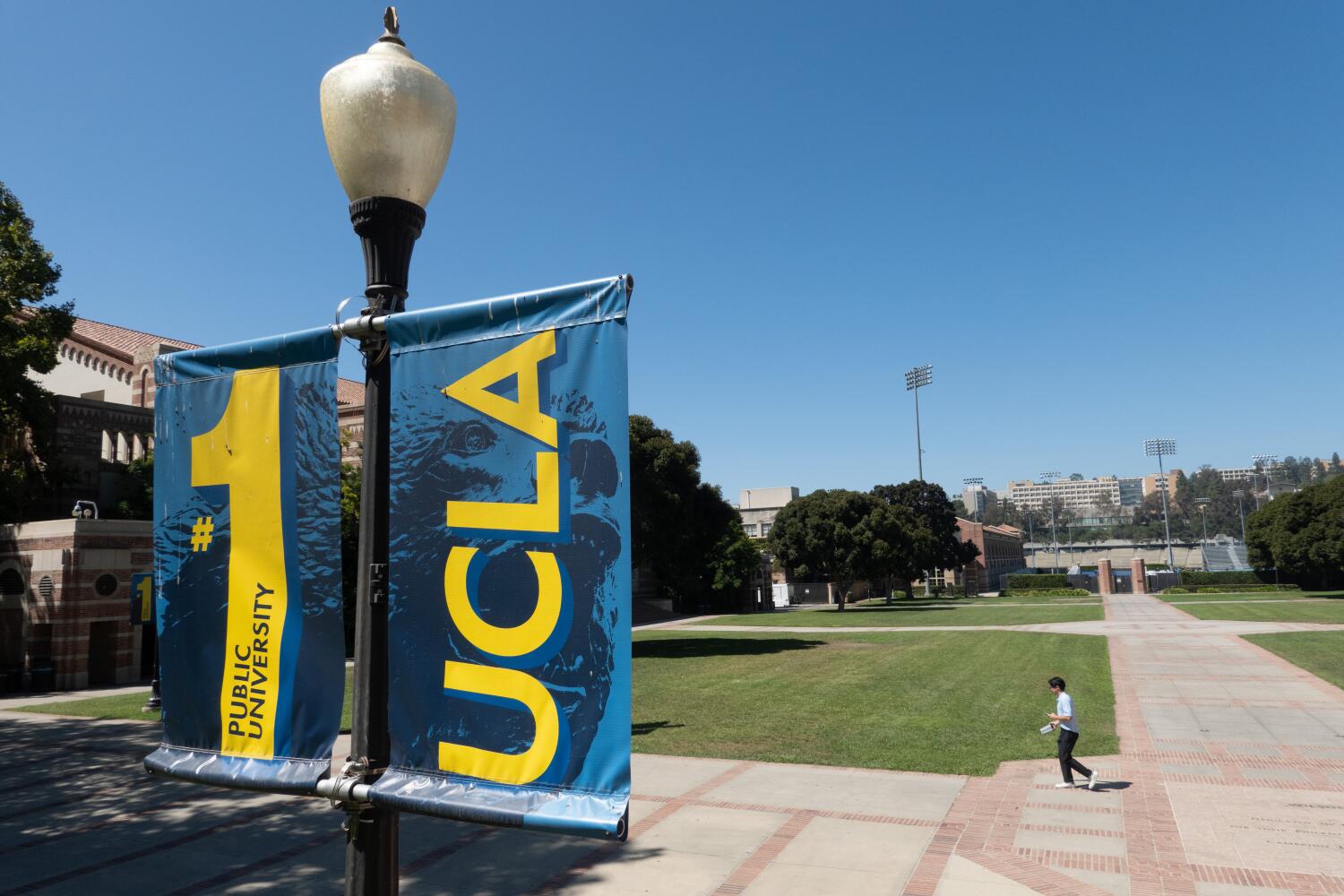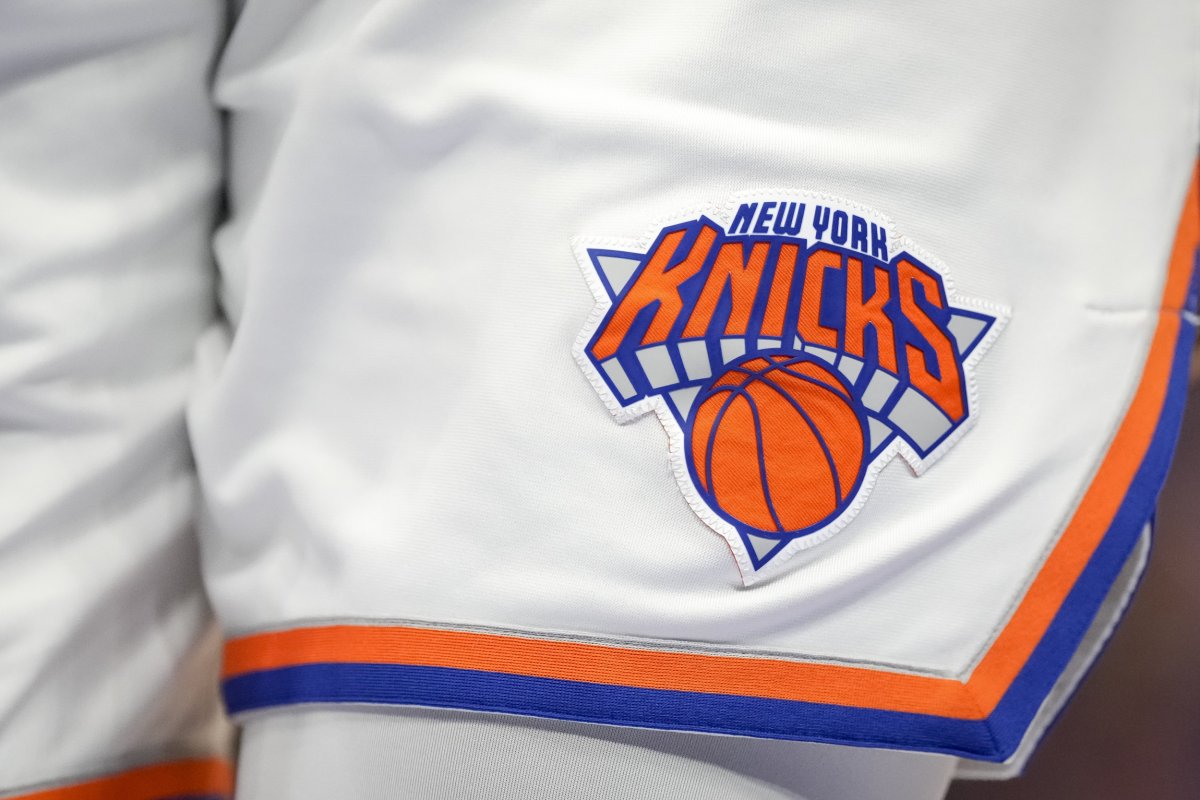-
Orange County teacher allegedly removed, trashed Kirk memorial - 5 mins ago
-
Luigi Mangione’s Lawyer Reacts After ‘Great Day’ in New York Trial - 24 mins ago
-
Howard Lutnick, the Pierre Hotel and Claims of a Secret Plan - 38 mins ago
-
DraftKings Promo Code: Claim $200 Bonus For MLB, NFL, Any Game This Week - 59 mins ago
-
Cassidy, His Job in Peril, Scrutinizes Kennedy on Vaccines - about 1 hour ago
-
California’s COVID wave could be waning. Here are the latest numbers - about 1 hour ago
-
Michael Vick Dismisses Rumors of Virginia Tech Coaching Reunion - 2 hours ago
-
Text Messages From Suspect in the Kirk Shooting Provide a Glimpse of a Motive - 2 hours ago
-
Packers’ Jordan Love Doesn’t Hold Back on Micah Parsons - 2 hours ago
-
'The Housemaid' Trailer Gives First Look at Sydney Sweeney-Led Thriller - 3 hours ago
United Health Lawsuit Named Among FTC’s Biggest Wins
The outgoing Federal Trade Commission chief has listed her ongoing lawsuit against United Health as among her greatest accomplishments.
Newsweek sought email comment on Monday from UnitedHealth and two other companies named in the lawsuit—CVS Health’s CVS Caremark and Cigna’s Express Scripts.

Kevin Dietsch/Getty Images
Why It Matters
The high cost of medical care in the United States received renewed attention following the assassination of Brian Thompson, the CEO of UnitedHealth Group’s insurance wing, UnitedHealthcare, on December 4.
Police said the suspect in the fatal shooting, Luigi Mangione, was found in possession of a manifesto against UnitedHealthcare. He has pleaded not guilty to both federal and state murder charges.
What To Know
On September 20, the FTC filed a lawsuit against the three largest prescription drug benefit managers (PBMs)—Caremark, Express Scripts (ESI), and United Health’s OptumRx “for engaging in anticompetitive and unfair rebating practices that have artificially inflated the list price of insulin drugs.”
PBMs are third-party companies connected to pharmacies that serve as intermediaries between insurance providers and pharmaceutical manufacturers. The companies say they reduce consumer costs.
In a September 20 statement the FTC wrote: “Insulin medications used to be affordable. In 1999, the average list price of Humalog—a brand-name insulin medication manufactured by Eli Lilly—was only $21.”
“By 2017, the list price of Humalog soared to more than $274—a staggering increase of over 1,200 percent. While PBM respondents collected billions in rebates and associated fees according to the complaint, by 2019 one out of every four insulin patients was unable to afford their medication,” the statement reads.
The FTC alleges that “the three PBMs created a perverse drug rebate system that prioritizes high rebates from drug manufacturers, leading to artificially inflated insulin list prices.”
“The complaint charges that even when lower list price insulins became available that could have been more affordable for vulnerable patients, the PBMs systemically excluded them in favor of high list price, highly rebated insulin products,” it said.
That lawsuit is ongoing and no court has made a determination on the FTC’s allegations.
What People Are Saying
President Joe Biden’s outgoing Federal Trade Commissioner chair, Lina M. Khan, wrote in a statement on Monday that the lawsuit was among the FTC’s best accomplishments while she was in office.
“Sued the three largest pharmacy benefit managers (PBMs) for allegedly engaging in anticompetitive rebating practices that have inflated the cost of insulin, boosting the PBMs’ profits at the expense of vulnerable patients,” she wrote.
What Happens Next
The insulin lawsuit is ongoing before D. Michael Chappell, the Chief Administrative Law Judge who oversees FTC cases. However, Donald Trump’s new FTC chair, Andrew Ferguson, has vowed to row back many of the anti-corporate actions taken by Khan in recent months. The future of the insulin lawsuit has not yet been determined.
Source link










